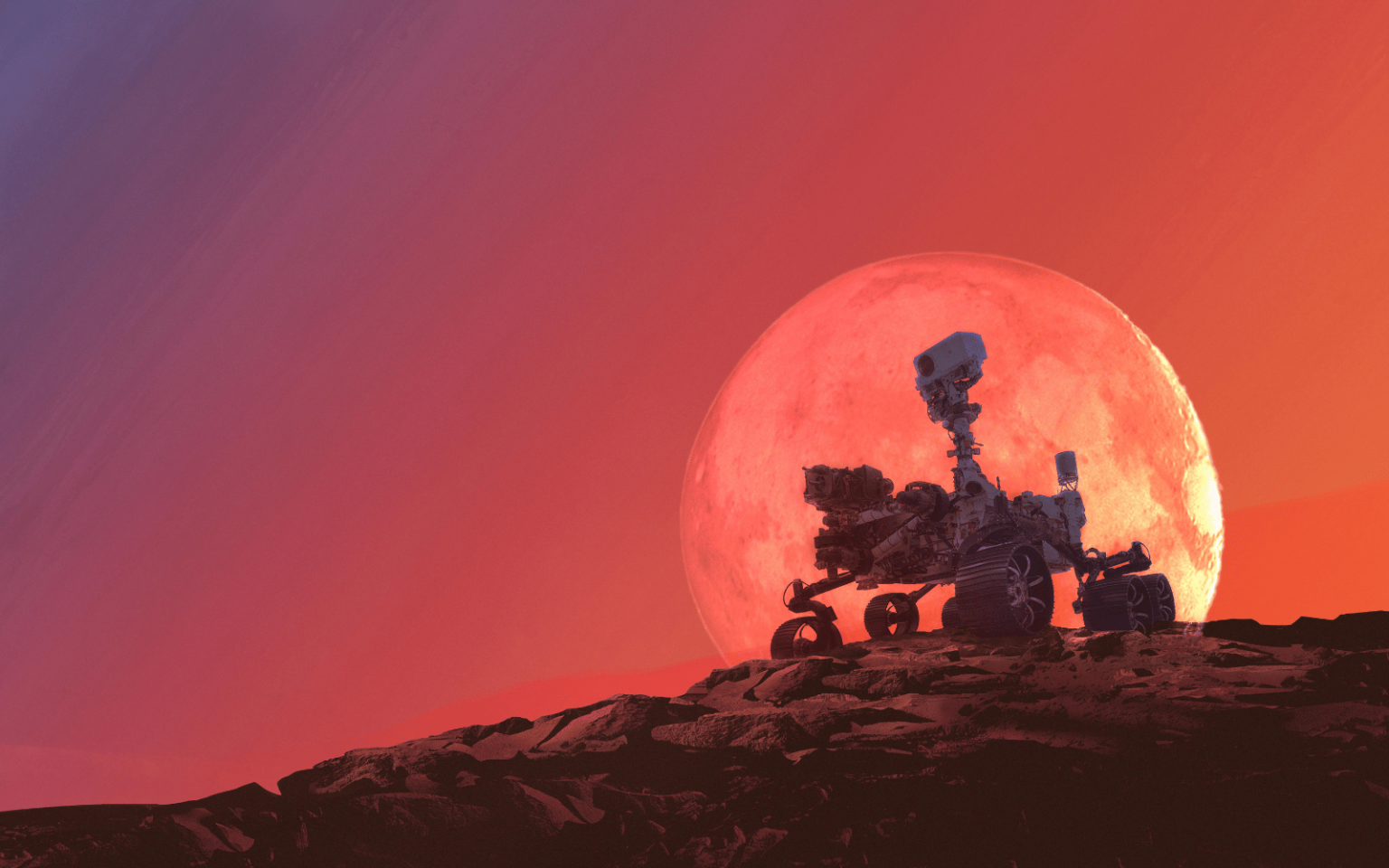The artificial intelligence (AI) divide between industrialized and developing countries is not just about being able to access and use new technologies. It’s also about governments and local enterprises around the world being able to create their own AI tools, to both benefit from their potential and better mitigate their risks. A key issue with AI that needs to be addressed is equitable ownership of AI systems, and access to benefits. This question is in line with the challenge posed by the digital divide, as accelerating digitization has widened the social and economic gap between those who can access the internet,…
Author: The Conversation
The business landscape has undergone a significant shift over the past few years because of artificial intelligence (AI). This technological advancement has innovated business practices and is changing the way we work. Businesses are increasingly turning to AI to solve problems and perform tasks that have traditionally required human intelligence. Across different industries and occupations, AI is being used to detect patterns, make predictions and even create content. However, the rapid rate of AI adoption is putting workplaces at risk of overlooking its potentially adverse impacts, particularly those that could impact the health and well-being of workers. AI in the workplace The type…
Early universe observations by the James Webb Space Telescope (JWST) cannot be explained by current cosmological models. These models estimate the universe to be 13.8 billion years in age, based on the big-bang expanding universe concept. My research proposes a model that determines the universe’s age to be 26.7 billion years, which accounts for the JWST’s “impossible early galaxy” observations. Impossible early galaxies refer to the fact that some galaxies dating to the cosmic dawn — 500 to 800 million years after the big bang — have discs and bulges similar to those which have passed through a long period of evolution. And smaller…
As generative AI settles into the mainstream, growing numbers of courses and certifications are promising entry into the “hot job” of prompt engineering. Having skills in using natural language (such as English) to “prompt” useful content out of AI models such as ChatGPT and Midjourney seems like something many employers would value. But is it as simple as doing a short course and riding the wave to a six-figure salary? The prompt engineering hype A Washington Post article published in February did a lot to seed the notion that prompt engineers are “AI whisperers” who “program in prose”. It dropped some big salary numbers and quoted a job ad by Silicon Valley company Anthropic calling for…
This week, the Russian space agency Roscosmos had hoped to return to the Moon after an absence of nearly 50 years. Instead, on Saturday it lost control of its Luna-25 lander. The agency explained the spacecraft “switched to an off-design orbit and ceased to exist as a result of a collision with the lunar surface”. Yet, in an interview aired on state television, the agency’s chief, Yuri Borisov, pledged his nation’s unwavering commitment to lunar exploration: This is not just about the prestige of the country and the achievement of some geopolitical goals. This is about ensuring defensive capabilities and achieving technological sovereignty. Roscosmos…
Online gaming communities could be a vital lifeline for young men struggling silently with mental health issues, according to new research. My colleagues and I analyzed an all-male online football gaming community over the course of a year. We discovered that members who reported more depressive symptoms and less real-life support were roughly 40% more likely to form and maintain social ties with fellow gamers compared with those reporting more real-life support. This finding suggests the chat and community features of online games might provide isolated young men an anonymous “third place” – or space where people can congregate other than work or home – to open…
When OpenAI unchained the “beast” that is ChatGPT back in November 2022, the pace of market competition between tech companies involved in AI increased exponentially. Market competition determines the price of goods and services, their quality and the speed of innovation – which has been remarkable in the AI industry. However, some experts believe we are deploying the most powerful technology in the world far too quickly. This could hamper our ability to detect serious problems before they’ve caused damage, resulting in profound implications for society, particularly when we can’t anticipate the capabilities of something that may end up having the ability to train…
The media frenzy surrounding ChatGPT and other large language model artificial intelligence systems spans a range of themes, from the prosaic – large language models could replace conventional web search – to the concerning – AI will eliminate many jobs – and the overwrought – AI poses an extinction-level threat to humanity. All of these themes have a common denominator: large language models herald artificial intelligence that will supersede humanity. But large language models, for all their complexity, are actually really dumb. And despite the name “artificial intelligence,” they’re completely dependent on human knowledge and labor. They can’t reliably generate new knowledge,…
In 2019, India attempted to land a spacecraft on the Moon – and ended up painting a kilometres-long streak of debris on its barren surface. Now the Indian Space Research Organisation has returned in triumph, with the Chandrayaan-3 lander successfully touching down near the south pole of Earth’s rocky neighbour. India’s success came just days after a spectacular Russian failure, when the Luna 25 mission tried to land nearby and “ceased to exist as a result of a collision with the lunar surface”.These twin missions remind us that, close to 60 years after the first successful “soft landing” on the Moon, spaceflight is…
People’s daily interactions with online algorithms affect how they learn from others, with negative consequences including social misperceptions, conflict and the spread of misinformation, my colleagues and I have found. People are increasingly interacting with others in social media environments where algorithms control the flow of social information they see. Algorithms determine in part which messages, which people and which ideas social media users see. On social media platforms, algorithms are mainly designed to amplify information that sustains engagement, meaning they keep people clicking on content and coming back to the platforms. I’m a social psychologist, and my colleagues and I have found…










